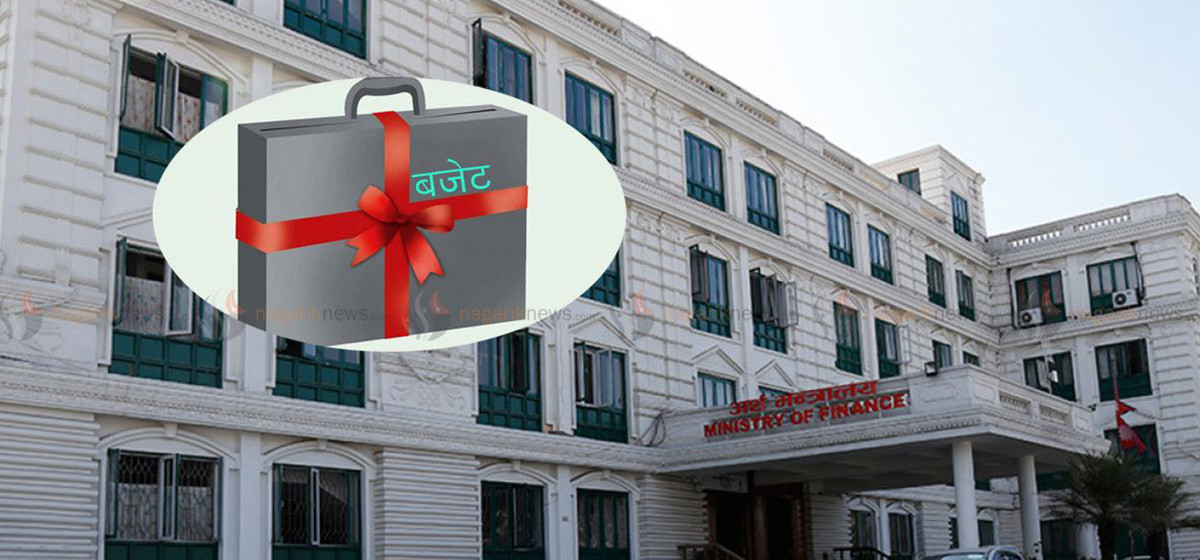KATHMANDU, June 17: The government’s capacity to spend the development budget remained weak in the first 11 months of the current fiscal year, like in the past several years. There is less than a month left before the current fiscal year ends, but some 62 percent of the Rs 311 allocated for development programs and projects remains unspent.
Only Rs 118 billion or about 38 percent has been spent in eleven months till June 14, according to the record of the Financial Comptroller General’s Office. The current fiscal year ends on July 15.
The reasons behind the slow and low spending are not new. Economist Keshav Acharya said that similar problems have recurred in project execution for several years but the top political commitment and will to address them has been lacking.
“Capital expenditure is no concern of the prime minister and even the finance minister. This is the main reason,” said Acharya.
Desperate search for missing girls as nearly 80 dead in Texas f...

Acharya is further worried that things will be worse in the remaining month of the fiscal year. “Both the sitting PM Sher Bahadur Deuba and Finance Minister Gyanendra Bahadur Karki are the least bothered about the development activities,” added Acharya.
The delay in approval of the budget programs from National Planning Commission NPC) and lack of direct link with the works of project managers in their performance appraisal and lack of efficient budget allocation in the projects are major causes behind slow spending, Acharya said.
“Project managers neither get any incentives for their work nor do they get punishment for not working efficiently. This is the main culprit behind the delay in project execution,” added Acharya.
The average capital spending for the past few years hovers somewhere around 70 to 80 percent and about 30 to 40 percentage point of the spending is made in the last months of fiscal years indicating that the works done in a hurry are of poor quality.
NPC Spokesperson Tulsi Prasad Gautam also said that the deputation of the civil servants for the local election has affected spending in the last few months. Too many projects and several of them picked by the political leaders without project preparation are the major hurdles they have encountered in project execution, Gautam added.
Both Gatuam and Acharya are of the view that the fiscal transfer to elected local governments for next fiscal year will bring at least positive results in the project implementation and spending.
“Almost all the budget allocated for local units have been spent in the past and similar progress is expected in the next year too,” added Gautam. Acharya also echoed Gautam, saying the local governments can do far better hereafter because elected representatives may receive more public pressure to execute the projects.
This means the spending for the local units may improve as coming provincial governments will also monitor the local development activities but it’s not yet certain whether the mega projects including the project of national pride will see any change.



































